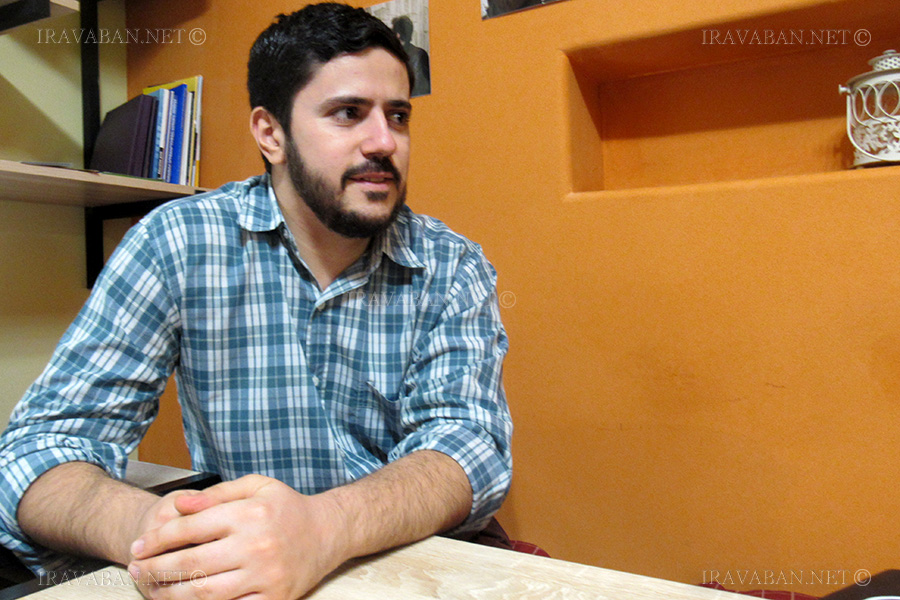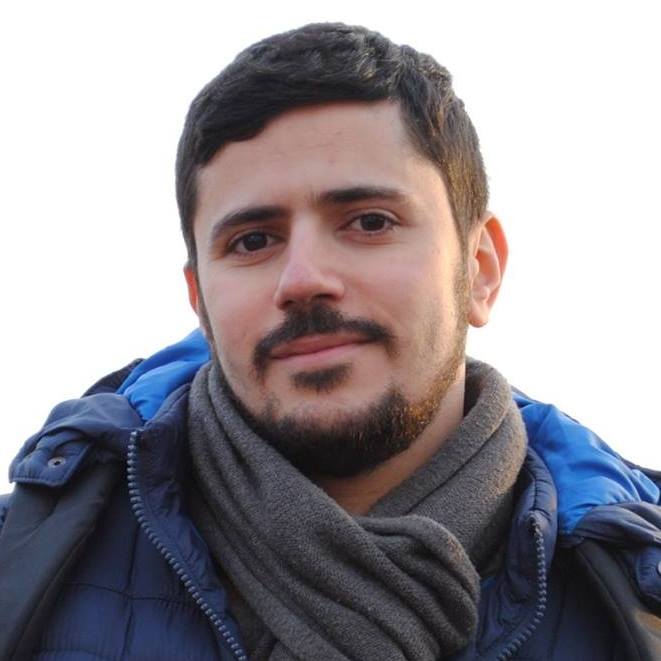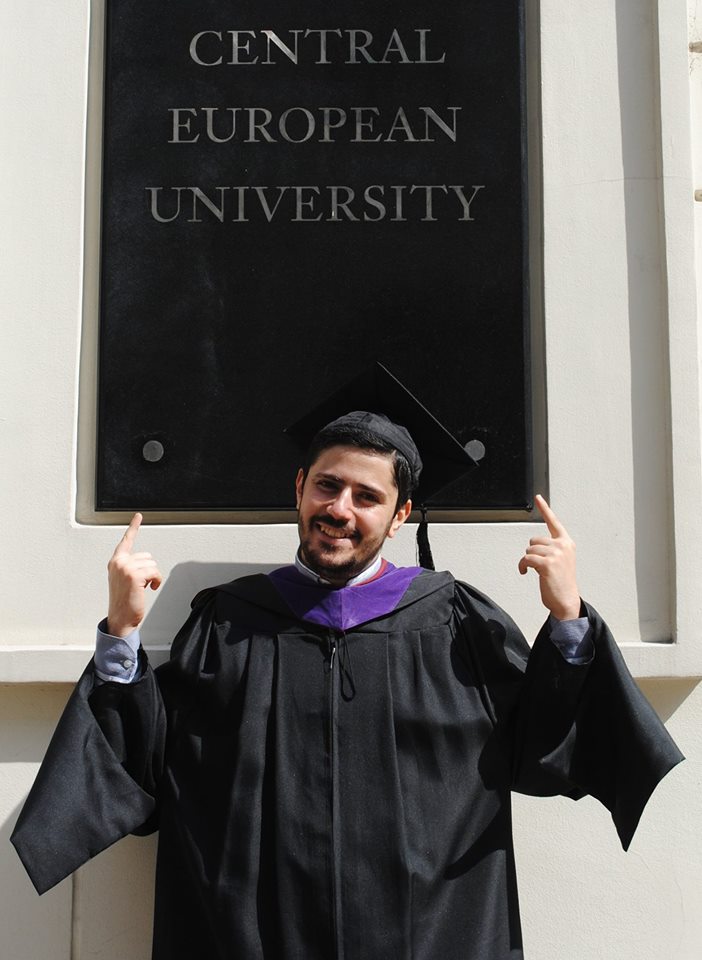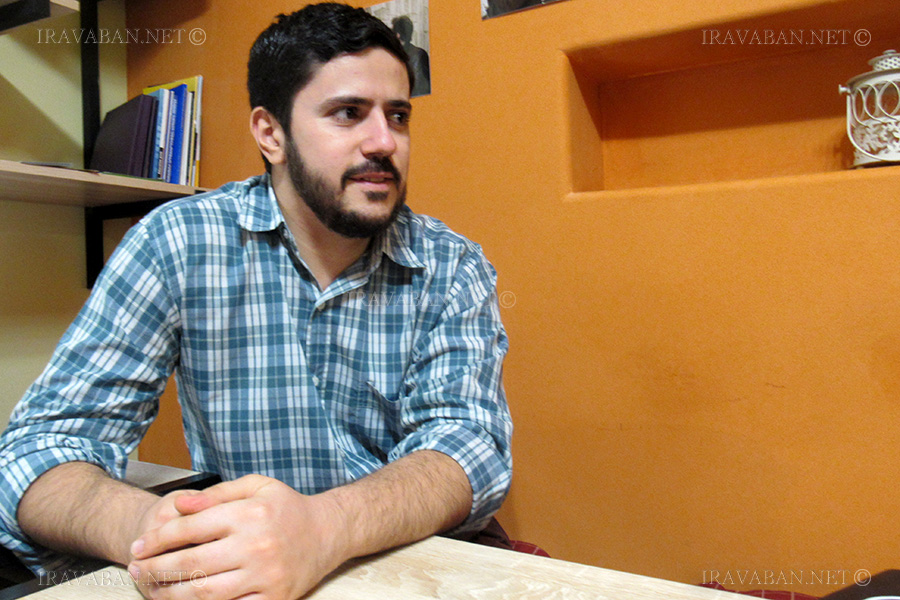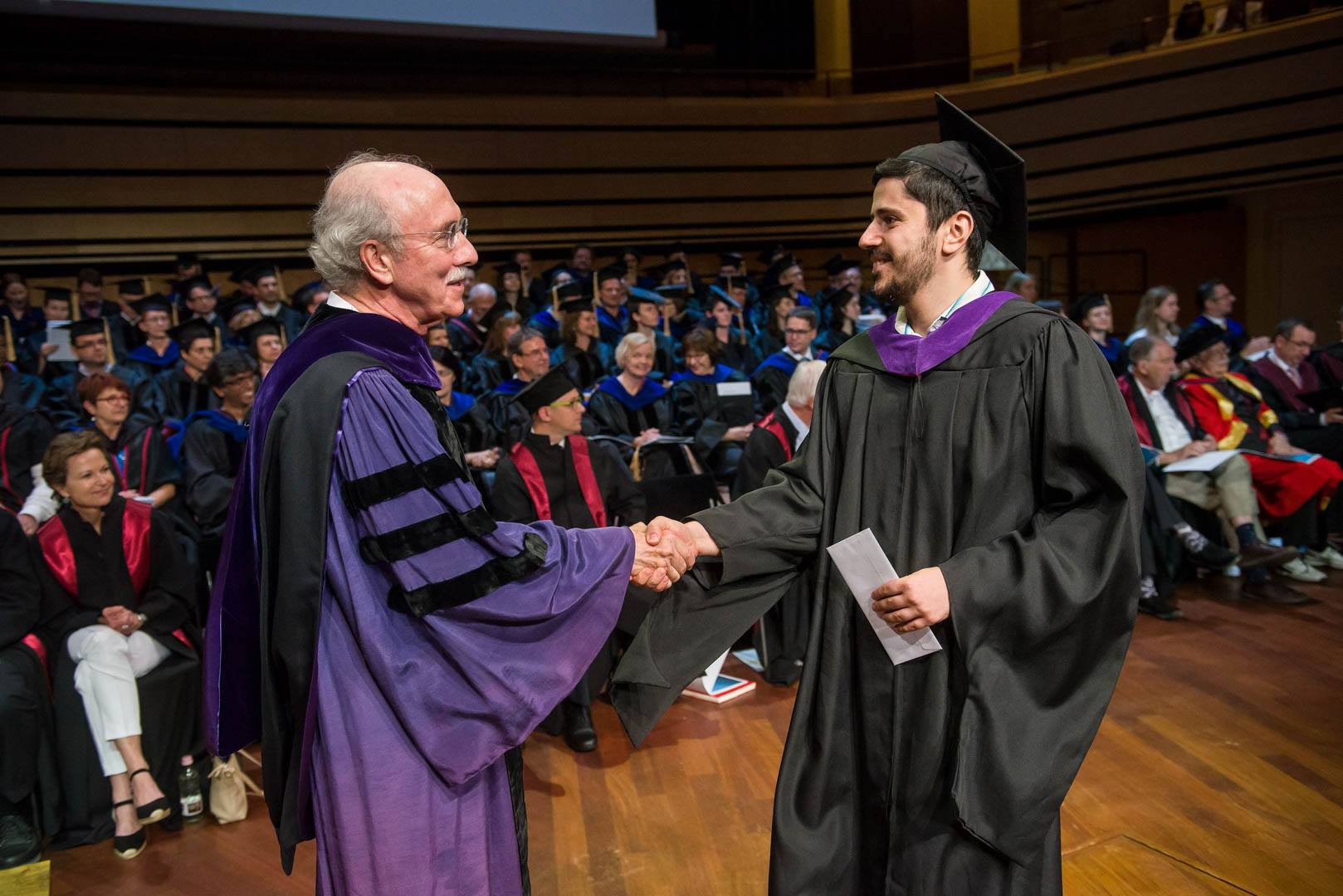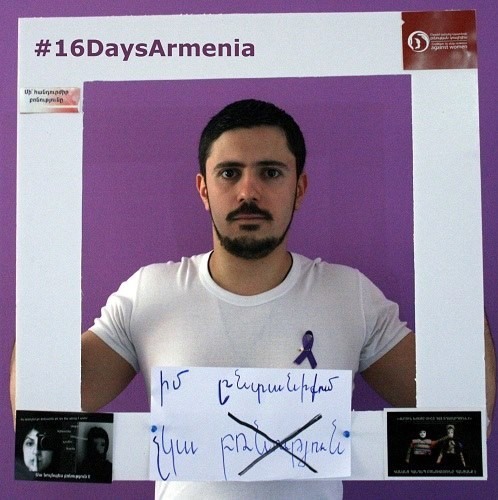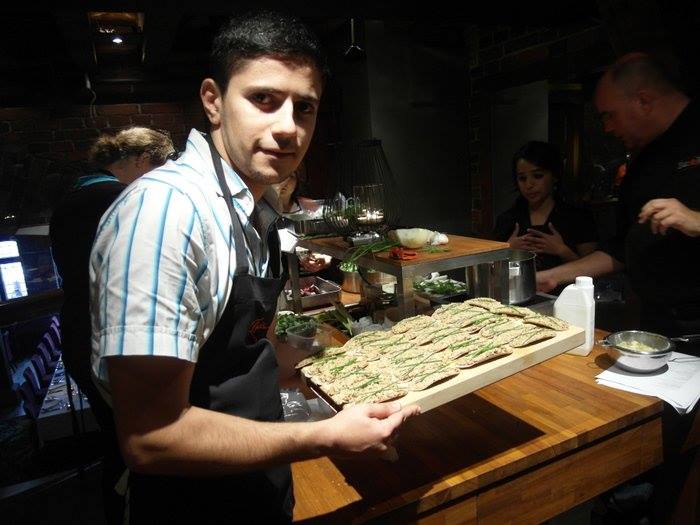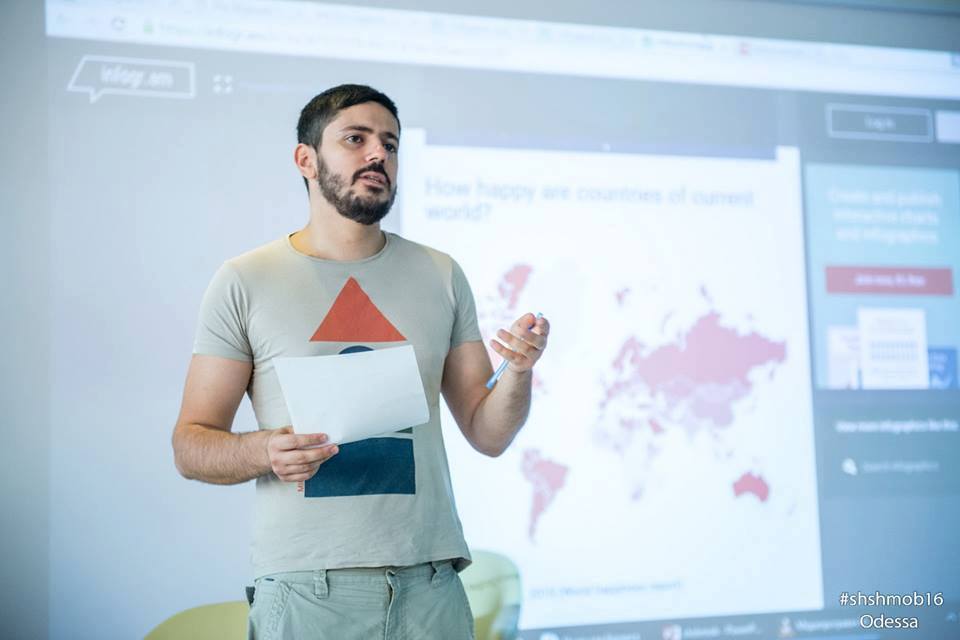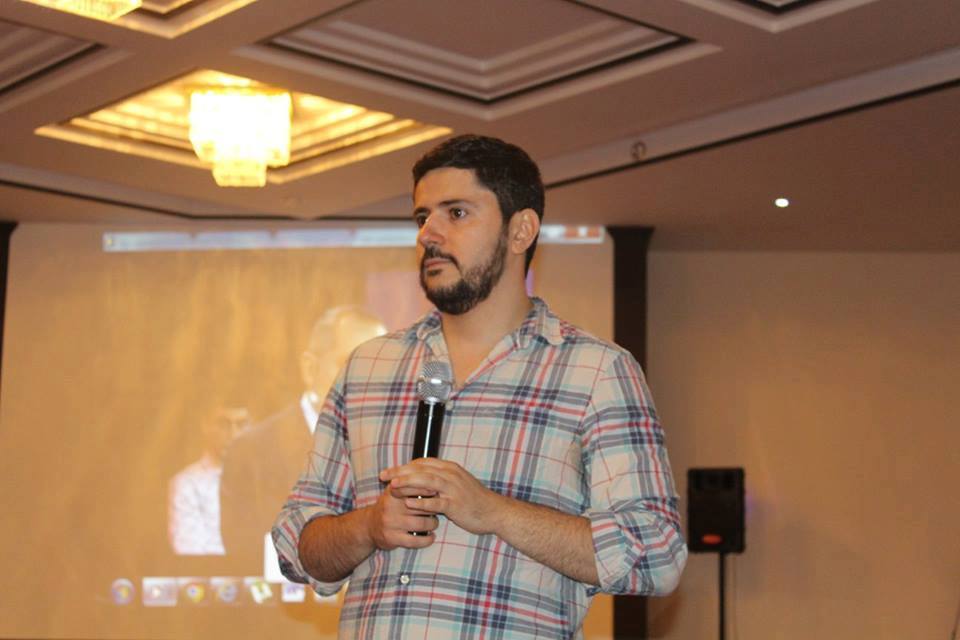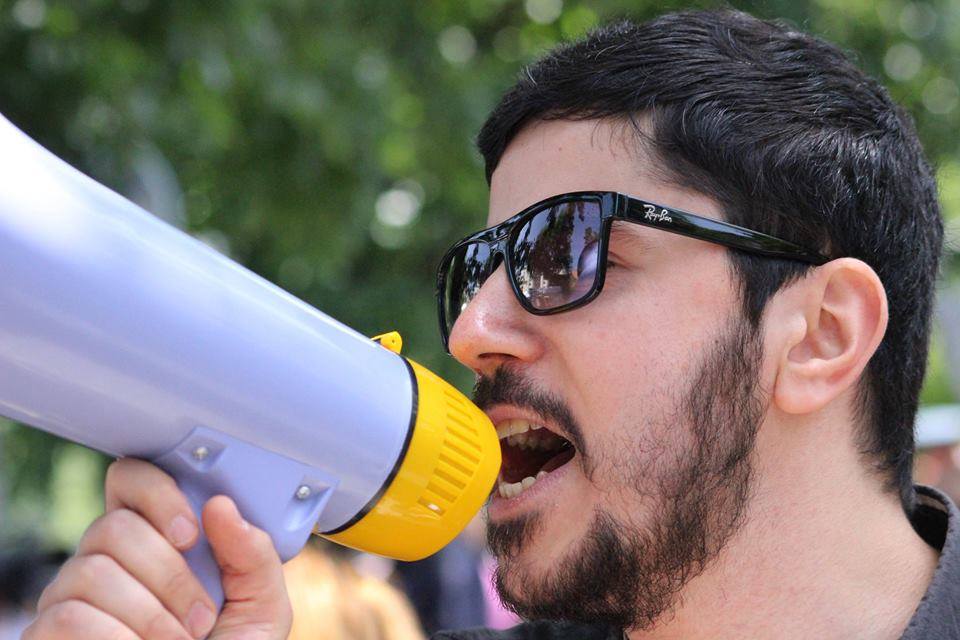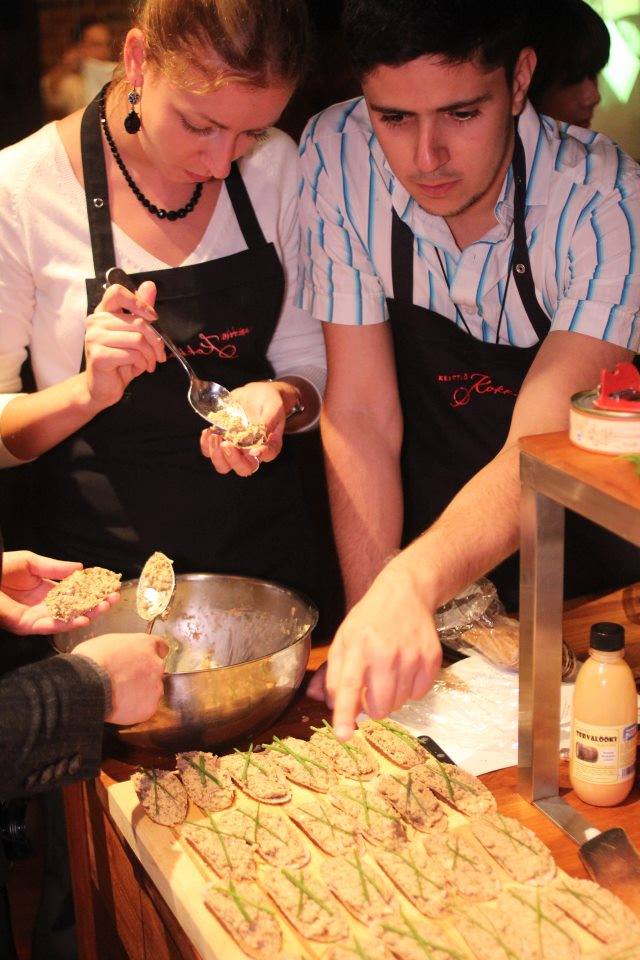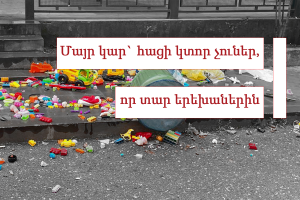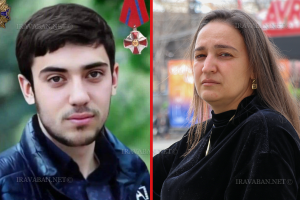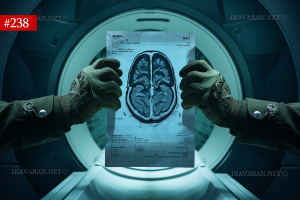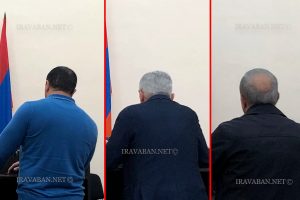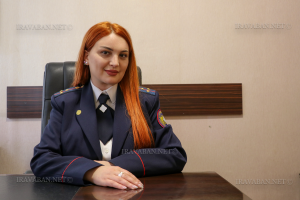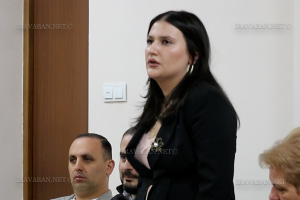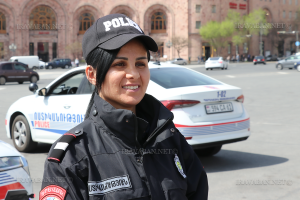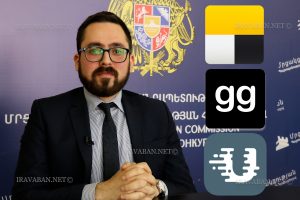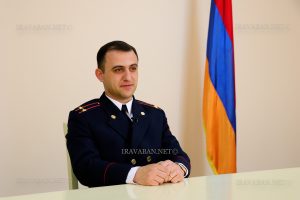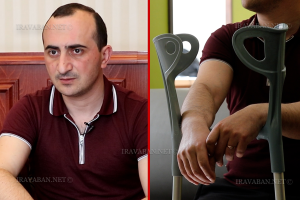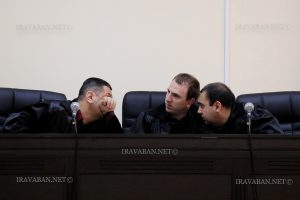Journalists often forget about their own problems chasing the problems of others as the human rights activists do. We spoke about the difficulties that journalists face at courts and the peculiarities of covering the court procedures with Mr. Arman Gharibyan, the co-founder and President of ”Human Rights Power” NGO, in a range of the regular interviews of the series “Journalists covering the Legal Sphere” by Iravaban.net․
”Mr. Gharibyan, I know that you have graduated from the Faculty of Journalism and then continued education then continued education in Hungary in the area of human rights protection. Will you please tell about the choice of these professions and when did you start covering the legal sector?
I started covering legal proceedings since 2007, when I was a student and working at “Radio Hay” RS. Before entering the University I was hesitating between Law and Journalism, but the Law seemed dull and journalism was richer and more promising. So, I chose the latter, but in time I felt that love for law has never faded. Therefore, I started to be interested in judicial journalism, at first I was only covering sessions, and in 2009-2010, I deepened my knowledge. At that time I was also working at “Hetq”. Further, I worked for 5 years for the “Journalists for Human Rights” NGO.
In general, the field was of great interest to me, but in time I realized that my knowledge was not sufficient to cover human rights issues. And I decided to study abroad. I remember that during my military service which I passed in Karvachar, I was studying English, and everyone was amazed. After army, I entered the Central European University (Hungary). By the way, while studying, I was also working.
In those years, I wrote my project that has become reality now, and together with my friend got involved in the human rights protection activities in the RA, in the scope of the ”Human Rights Power” NGO, which was established in December of the last year.
Your program is aimed at eliminating obstacles to the activities of journalists in the courts. Can we say that you have raised the problem based on your own experience?
Frankly speaking, yes. When I was still a young journalist, I was afraid of making video records during the court procedure. I was unaware of whether it was permitted or not, but I noticed that it was often prohibited. Well I recall a case that I was deeply impressed with. Once they did not allow journalist to make a video record even during the first 5 minutes of the court session, and the journalist just left the court without saying or doing anything. When I came home and I opened their newspaper and saw that there was nothing written about that special case. I painfully realized that our journalists have got used to being rejected. That was a blatant example for me. And such occurrences made me think about the necessity of a specific project. In other words, I just wanted to bring solidarity to the system.”
Which rights of journalists are violated in most cases and why?
”We often forget about own problems chasing the problems of others like the human rights activists do. Unfortunately, we are a bit “modest” and tolerate such cases. For example, recently we asked several journalists to just sign a letter to the Judicial Department, but no one agreed. There is a lack of consistency. Or very often a journalist does not have time to be here and there to obtain materials on the case and we undertake the role of the mediator.
Prohibition may also be related to a particular case: often there is tension in the court regarding the nature of the case, which is also directed against the journalist. But I believe there is another reason: to discourage journalists to participate in court proceedings, which will not lead to good consequences, because the civic oversight begins with journalism.
In most cases video recording or photo shooting is not allowed at courts or only 5-10 minutes of video recording is allowed. There are also a lot of cases when the judge makes unnecessary remarks, bailiffs take decisions by themselves. Another noteworthy example is the glazed courtroom of the Court of General Jurisdiction of Shengavit administrative district as it is impossible to hear anything and the sessions here are ‘de facto’ held closed.
I am aware that you applied with this issue to the Ministry of Justice, the Judicial Department, was there any feedback?
Yes, we have applied three times. They said that had not received the first letter, and the others are in the investigation process. In general, written applications must be answered in written form, but we have not received an answer, so we evaluate their work as extremely inefficient, but we do think that this phenomenon may be fixed
What is the solution, according to you?
”The first solution is that the journalists need to report such cases be persistent and touch upon not only their problem, but also the problems of the other media. The offender judge should be strictly criticized.
In addition to the lack of solidarity or not completely formed consciousness, there are also legislative gaps. We will present new proposals in November which will attempt to eliminate those gaps (by the way, the former Minister of Justice, ‘currently Arpine Hovhannisyan, is the Vice President of the NA’ had approved our recommendations). The Chairmen of the Courts can instruct the judges, to show proper conduct in this issue as well and so on.
Are there judges who are more tolerant towards journalists and can be a good example?
”Of course, there are. Let me add that today the situation is not so painful, if we compare it with 2008-2009, the cases of hindering the journalist’s work have decreased essentially. As a good example I can name Mnatsakan Martirosyan, judge of the Court of General Jurisdiction of Kentron and Nork Marash administrative districts, as a good example. In my opinion, he is very skilled in the process, respects the rights of the parties, and does not show unexpected aggressive behavior.
”But have you encountered cases, when a journalist displayed disrespectable behavior at court?”
“I have to say good things. The journalistic community covering the judicial sphere has been quite crystallized recently, almost everyone is skilled, aware of their work, and those who are unaware of it are noticed immediately and experience shows that sooner or later they will leave the sphere on their own decision. I will only mention one thing. A journalist, who covers the judicial procedure, has to go till the end. For example, if a journalist has taken a photo of a person telling that he/she has been charged, there has to be a later information also about justification or accusation of a person.”
”I have heard a lot that the university doesn’t give qualified knowledge, it became meaningless etc. I do not tend to believe such opinions, as I think that the lecturer gives the knowledge, and the fact that part of the audience takes it, and the other does not, is completely normal. My focus is on promoting human rights coverage, of course its literate coverage. In addition, I want to give them specific fundamental skills and academic knowledge. There is no compulsory requirement to become a journalist covering this area, but at least elementary knowledge is needed. We are going to study the Human Rights in general and 2 academic hours will be provided to teach the coverage of the court procedures.’
What other hobbies do you have in addition to professional work?
”I like playing mafia, and I play it very often after work: it is interesting and helps me to relax. I am for the healthy lifestyle; I like to go in for sports, watch movies. From that prospective I am not very interesting person. I love to cook and eat what I have prepared. I will not separate a special dish: I cook well all of them, as I do it with love. I eat mainly at home because in cafes, I’m sure, they do not prepare food with love. Recently I have been interested in anti-consumption, as it occupies a big space in our life, so I do not go to cafes very often. I prefer to spend my time at home. To sum up, I can harmonize my work with my leisure.
Interview by Liana Martirosyan
Author of the idea Karen Zadoyan
Translation from Armenian by: Shaqe Margaryan, student of Graduate Certificate in Translation Progam, College of Humanities and Social Sciences, AUA

